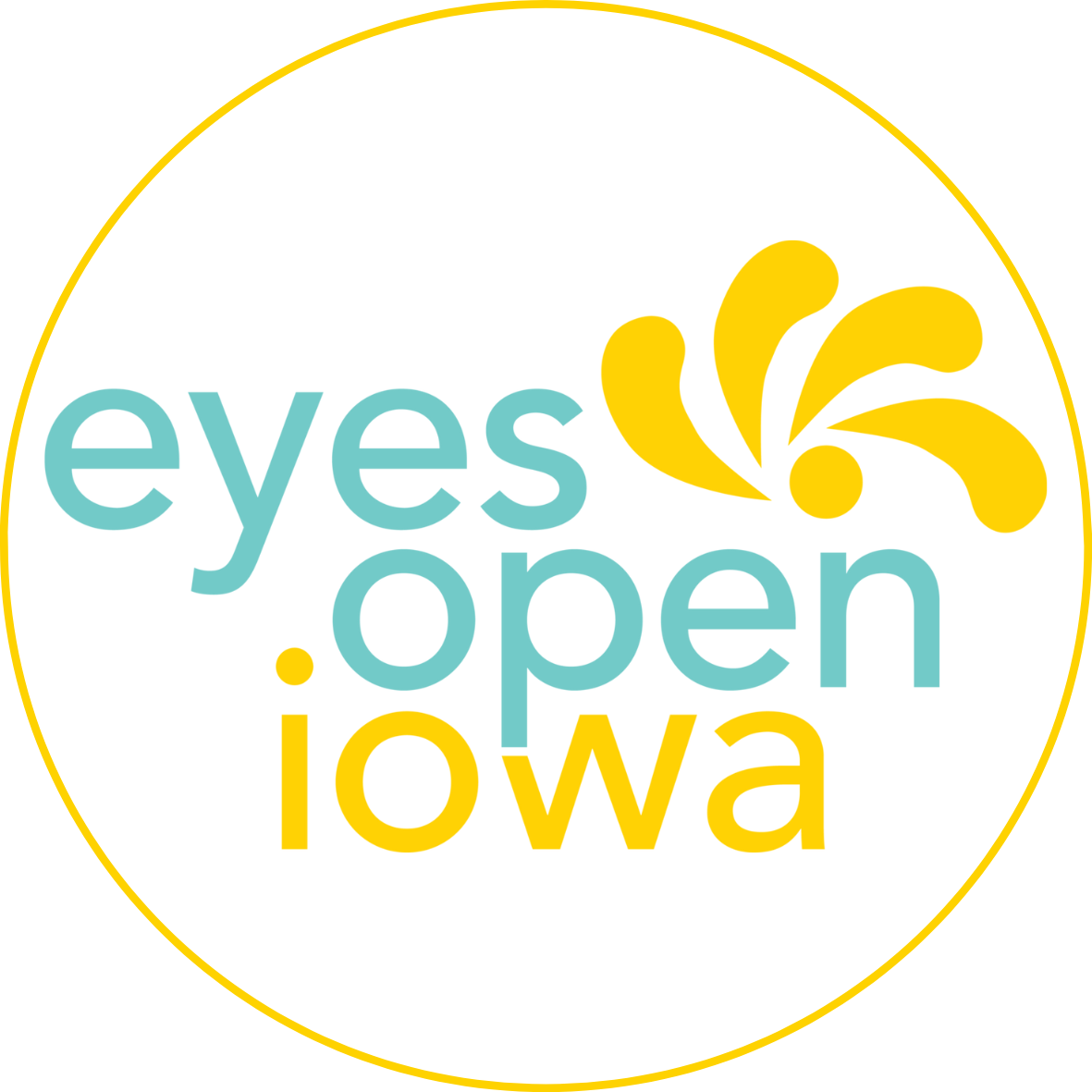Obscuring Mirrors and Windows: The Effects of Book Banning
Obscuring Mirrors and Windows: The Effects of Book Banning
By Elliott Nassif, Lead Implementation Specialist
Book banning. It’s a tale as old as time. Books are mirrors that reflect back to us what our society values. When books are banned, it shows us our collective fears. When values around topics like politics, religion, education, and sex start to change, our society tends to recoil. What implications does book banning have for the futures of young people? I recently had the privilege of speaking to Christine, a high school librarian, to hear her thoughts about book banning in Iowa’s school libraries.
Elliott: What trends have you seen recently in book banning?
Christine: Book banning tends to go in waves. We haven’t had many in recent years, but the tide is turning.
E: In Iowa and around the country, books are being banned or challenged because of themes like LGBTQ+ inclusion, racial justice, teen sexuality and sexual assault, and sometimes because of language that may be deemed “vulgar.” What strategies do librarians use to defend these topics?
C: Many times, materials are challenged when excerpts are cherry-picked from a story. Context is critical. One stipulation we have before our district’s libraries will consider a book challenge is that the material is read cover to cover. Oftentimes when that happens the reader realizes why the scene/word/objectionable material was included.
E: What happens when a book is ultimately pulled from the shelves? Does it affect education?
C: When materials are restricted or unavailable it is the students that suffer. Not all materials are right for every student. That is the point. We are not all the same. We have different preferences, experiences and needs. Choice is key. It is the job of the librarian to provide materials that offer students a wide range of options so students can pick what is right for them.
E: What can libraries do to help prevent books from being banned?
C: One of the best things libraries can do right now is to make sure they have challenge policies in place. Facing a book challenge is inevitable. It's important to remember library materials and curriculum materials are not the same. Librarians do not require students to read all the books or even specific books. The purpose of a library is to provide a wide range of materials, so all students have windows and mirrors represented in available materials.
E: Thank you so much for sharing your insight, Christine, and thank you for all you do.
I LOVE Christine’s “windows and mirrors” metaphor. Everyone wants—and deserves—to have their stories told and to read stories about diverse experiences and worldviews. As a teen in the mid-2000s, I remember clinging to the handful of queer books in my hometown library. As an adult, I’m heartened by the wealth of books that center queer and trans characters, BIPOC characters, neurodivergent characters, and other marginalized populations.
So, what can we as educators and caretakers of young people do to make sure they see themselves in the media they consume?
1. Support your local library—through monetary donations, patronage, or volunteer time.
2. Pay attention to any book challenges in your school district. Attend school board meetings and advocate for retention.
3. Stay curious! Pick up a recently challenged book. Here are some titles:
· All Boys Aren’t Blue by George M. Johnson
· The Hate U Give by Angie Thomas
· Gender Queer: A Memoir by Maia Kobabe
Happy reading!

